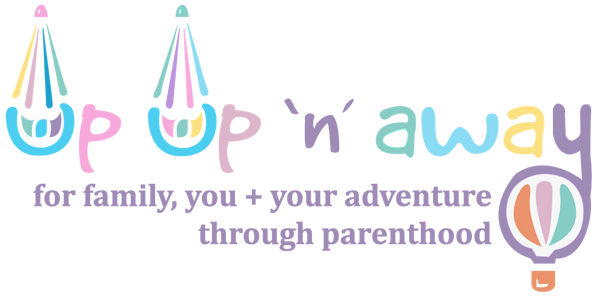All babies will develop at their own rate, generally in the same sequence but at completely different times. Your baby’s development depends on their everyday life and environment. Hence why plenty of love, care and interesting experiences will do wonders for their brain development. Some babies are crawling at 7 months while other babies are still lying still on their play mat – your baby will develop at whatever rate is right for them.
You may see your baby developing in leaps and bounds and then you may notice no changes, or in fact their development may seem to go in reverse. This is quite normal but if you have any queries or concerns, as always consult your healthcare professional.
At first it may seem like your newborn’s life is an endless cycle of sleeping, soothing, and nappy changes, but signs of your baby’s development will emerge.
What to expect:
Motor Skills
Your newborn’s head will be wobbly at first, as babies do not have much strength in their necks or complete muscle development at this stage. This is compounded by the size of your newborn’s head – their heads are not relative to their bodies when they are first born – hence the wobble.
Within the first few months your newborn may begin to hold her head straight whilst lying on her back and may also begin to lift their chin whilst lying on its stomach. This is why it is so important to support a baby’s head and neck when holding them.
Although newborns are yet to learn how to roll over, they will begin to experiment by rocking from side to side or rolling onto their backs from lying on their side. By 3 months your baby may become more active, kicking and stretching, clenching and unclenching their fists, all of which is developing their strength and motor skills. When you offer a toy or offer your hand your newborn may begin to grasp it before letting go.
Vision
Most babies are physically able to see from the day they are born, but during their first month their vision to brain signals are still developing, meaning they can see an object but are yet to make sense of it. You may notice your baby’s eyesight wander, and sometimes their eyes will cross momentarily. By the second month your baby may begin to coordinate their eyes in tandem and follow an object which is slowly moved from side to side. Their vision is clearest up to 20 cms from their face, so moving in nice and close will help them focus.
Studies suggest babies can see colour from the day they are born, however they may find it difficult to distinguish between tones and hues, and may be more interested in monochrome colours and patterns (black and white lines, dots etc). Learn about monochrome vs. colour. During the second and third months your newborn may begin to show interest in bright primary colours and more complex patterns, as well as showing more of an interest in following movement.
Hearing
Unless there is a developmental delay, your baby’s hearing is fully developed by birth, however their brain signals needed to interpret these sounds need a little more time. Your baby may recognise your voice almost immediately, as they have listened to your voice from inside your belly for 9 months.
From birth babies pay close attention to voices and sounds, especially high-pitched noises. Your baby may respond to familiar sounds such as you or your partner’s voices - and may startle at unexpected or loud noises. How your baby responds to noises depends on their temperament - a calm baby may not startle as easily or become upset compared to a more sensitive baby.
By 2 months your baby may begin to fall quiet when they hear familiar voices or sounds, and they may make vowel sounds such as "aaa" or "oo". Don't worry if your baby turns away at the sounds of your voice at times, but if you notice your baby doesn't seem to respond to any sounds at all, or does not seem to startle at unexpected sounds, you may like to speak with your healthcare provider for advice if you have any concerns.
Communication
A newborn's primary form of communication is crying. Babies cry for many reasons - to communicate their feelings and needs, and also to prompt you to respond. Aside from crying, babies will start to form vowel sounds which you may begin to recognise their differing meanings.
Raisingchildren.net.au. (2020, August 13). About baby developments and developmental milestones. Retrieved from https://raisingchildren.net.au/newborns/development/understanding-development/baby-development

